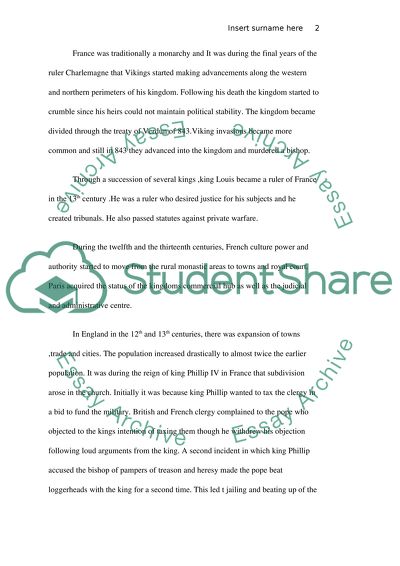Cite this document
(“Difference Between the New Bases of Power in England and the Essay”, n.d.)
Retrieved from https://studentshare.org/history/1471620-westen-civilization
Retrieved from https://studentshare.org/history/1471620-westen-civilization
(Difference Between the New Bases of Power in England and the Essay)
https://studentshare.org/history/1471620-westen-civilization.
https://studentshare.org/history/1471620-westen-civilization.
“Difference Between the New Bases of Power in England and the Essay”, n.d. https://studentshare.org/history/1471620-westen-civilization.


